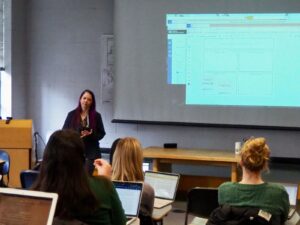The Challenge of Peer-Produced Websites
Type any topic into a search engine. A Wikipedia entry is likely to show up in the results, written by people with an interest in the topic. Wikipedia is the most ubiquitous example of “peer production” websites, which are sites dependent on a community of unpaid content contributors. Built through the mass aggregation of small contributions, … Read More




